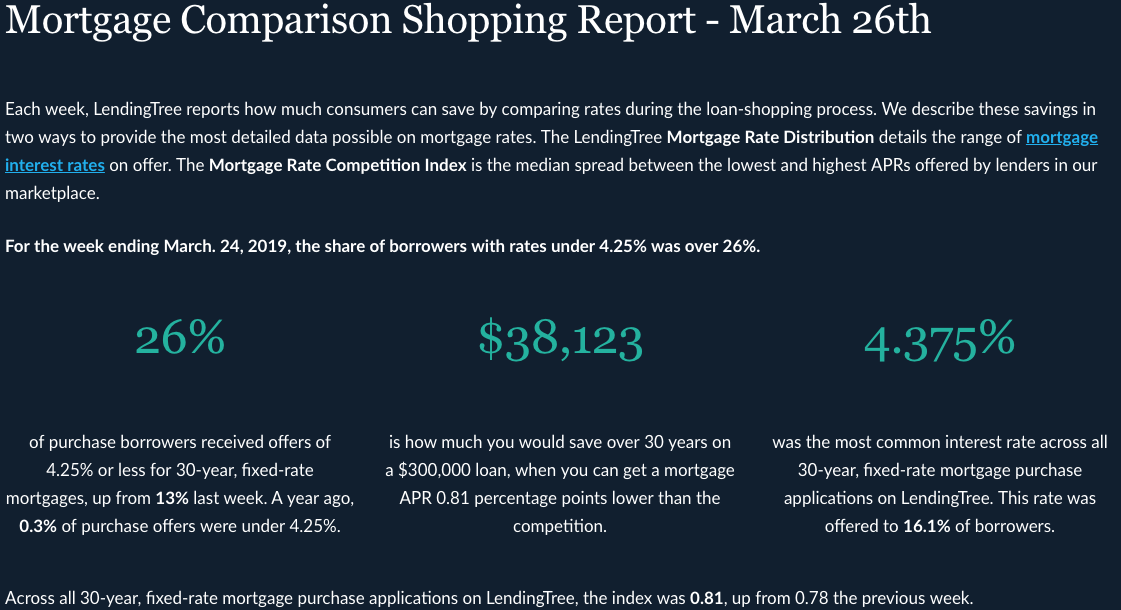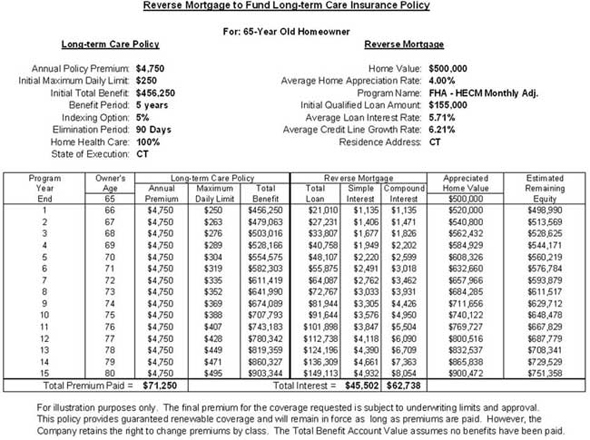Advertiser Disclosure Numerous or all of the items featured here are from our partners who compensate us. This may affect which items we write about and where and how the item appears on a page. However, this does not affect our assessments. Our opinions are our own. After retirement, without routine earnings, you might sometimes deal with finances.
A reverse home loan is a house loan that permits homeowners 62 and older to withdraw a few of their house equity and transform it into cash. You do not need to pay taxes on the profits or make monthly home mortgage timeshare legal reviews payments. You can use reverse home loan profits nevertheless you like. They're frequently earmarked for expenditures such as: Debt debt consolidation Living expenditures House enhancements Helping children with college Buying another house that may much better satisfy your requirements as you age A reverse home loan is the opposite of a traditional mortgage; rather of paying a lending institution a regular monthly payment monthly, the lending institution pays you. You need to participate in therapy, a "customer details session" with a HUD-approved counselor, before your HECM loan can be moneyed. This rule is planned to make sure that you comprehend the cost and consequences of getting this type of loan. Therapists work for independent organizations. These courses are available at a low expense and in some cases they're even free.
For most customers, this indicates settling your staying home mortgage debt with part of your reverse home mortgage. This is simplest to achieve if you have at least 50% equity approximately in your house. You have a few alternatives, but the most basic is to take all the money at the same time in a swelling sum. what is the interest rate on mortgages.
You can also choose to get routine routine payments, such as when a month. These payments are referred to as "period payments" when they last for your entire life time, or "term payments" when you receive them for simply a set amount of time, such as ten years. It's possible to get more equity than you and your loan provider expected if you select period payments and live an exceptionally long life.
This allows you to draw funds only if and when you need them. The advantage of a line-of-credit method is that you only pay interest on the money you've really obtained. You can also use a mix of payment choices. For instance, you might take a little lump amount upfront and keep a credit line for later.

For instance, the home will go on the marketplace after your death, and your estate will receive cash when it offers. That money that needs to then be used to settle the loan. The complete loan quantity comes due, even if the loan balance is higher than the house's value, if your heirs decide they want to keep the home.
The Basic Principles Of What Are The Debt To Income Ratios For Mortgages
Many reverse mortgages consist of a clause that doesn't permit the loan balance to exceed the worth of the house's equity, although market variations may still result in less equity than when you took out the loan. It's possible that your estate might provide sufficient other properties to permit your successors to pay off the reverse home loan at your death by liquidating them, however they might otherwise not be able to receive a regular home loan to pay off the debt and keep the household house.
You'll pay numerous of the very same closing expenses required for a standard house purchase or re-finance, however these fees can be higher. Fees lower the amount of equity left in your home, which leaves less for your estate or for you if you decide to offer the house and pay off the home mortgage.

Charges are frequently funded, or developed into your loan. You don't compose a look for them at closing so you may not feel these costs, but you're still paying them regardless. You must have your house assessed, adding to your costs. The lending institution will desire to make certain that your house in good shape prior to writing the loan.
A reverse home mortgage lets older homeowners take advantage of their house's equity for a lump sum payment, periodic payments, or in the kind of a line of credit. Reverse home mortgages do not have to be repaid till the homeowner dies or vacates the home. Remains in care facilities for less than a year are alright.
Interest accrues over the life of the loan, so the quantity required to settle the mortgage will nearly definitely be substantially more than the initial loan earnings - what is wrong with reverse mortgages.
A reverse home mortgage is a way for homeowners ages 62 and older to take advantage of the equity in their home. With a reverse mortgage, a property owner who owns their tricked wife house outright or a minimum of has significant equity to draw from can withdraw a part of their equity without needing to repay it up until they leave the house.
How What Is The Interest Rate For Mortgages Today can Save You Time, Stress, and Money.
Here's how reverse home mortgages work, and what house owners considering one need to understand. A reverse home mortgage is a kind of loan that permits house owners ages 62 and older, generally who have actually settled their home loan, to borrow part of their house's equity as tax-free earnings. Unlike a regular mortgage in which the property owner pays to the lending institution, with a reverse home mortgage, the lending institution pays the house owner (how do points work in mortgages).
Among the most popular kinds of reverse home mortgages is the House Equity Conversion Home Mortgage (HECM), Helpful resources which is backed by the federal government. In spite of the reverse mortgage principle in practice, certified property owners might not have the ability to obtain the entire value of their home even if the mortgage is paid off.